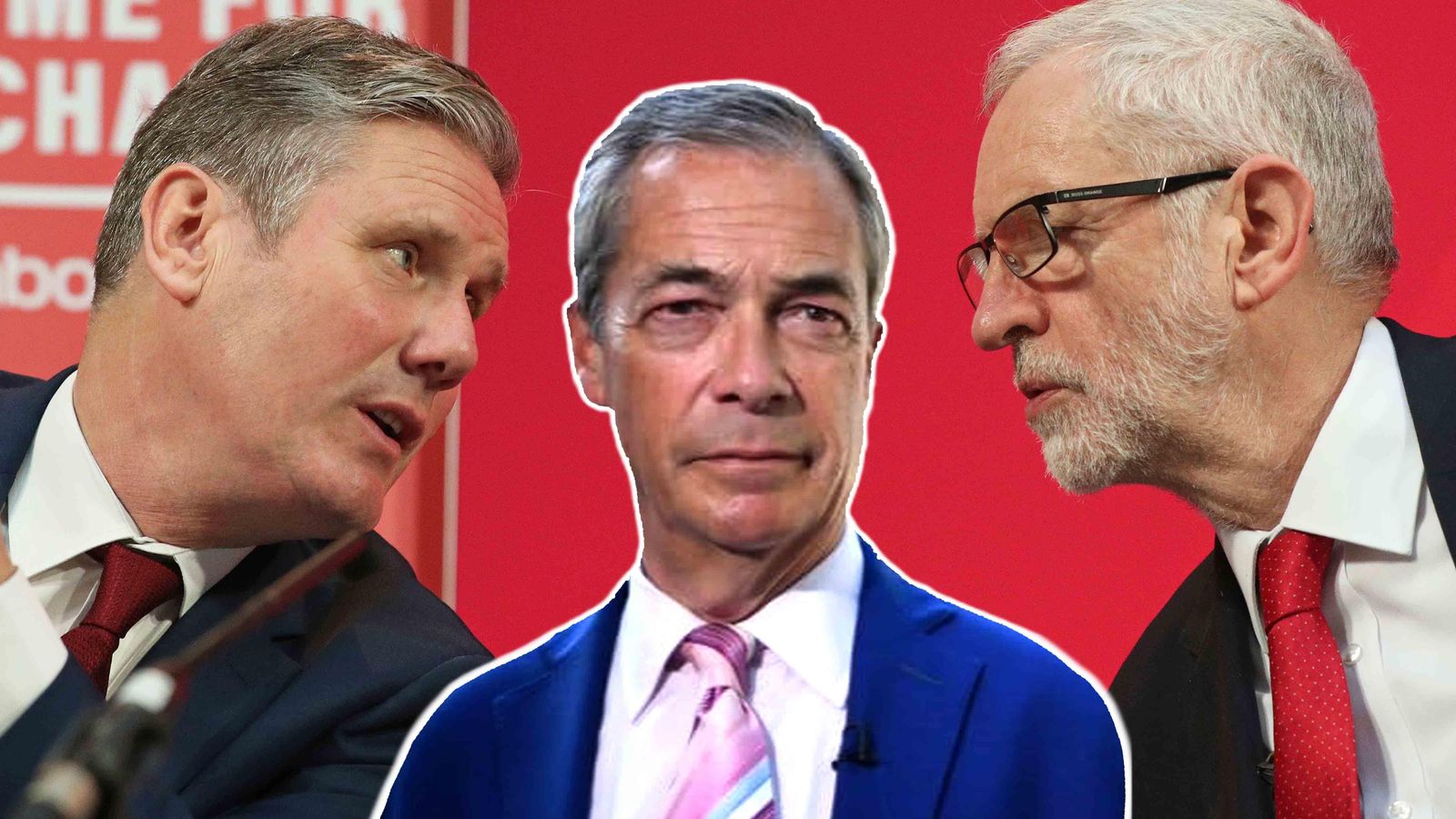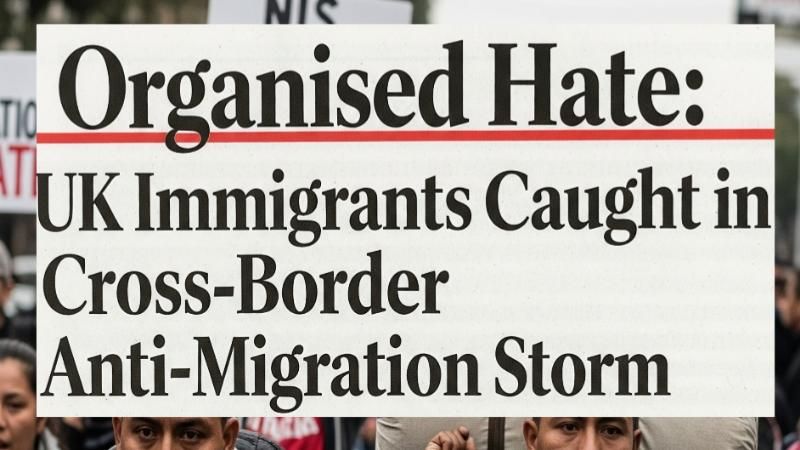The UK’s top media regulator has described upcoming age verification measures as a major step forward in protecting children online, though campaigners argue stronger action against major tech firms is still needed.
Melanie Dawes, chief executive of Ofcom, said on Sunday that the new rules—set to take effect later this month—mark a significant shift in holding global online platforms accountable for harmful content.
However, she faces mounting pressure from campaigners, including grieving parents who believe social media contributed to their children's deaths. They argue that despite the changes, harmful content will remain accessible to minors.
Speaking to the BBC, Dawes said: “This is a really significant moment, as we’re finally seeing these laws take effect.
“From the end of this month, broader protections for children will come into play. Any platform hosting content that’s unsuitable for under-18s—such as pornography or material promoting suicide or self-harm—will either have to remove it or implement robust age verification systems to block underage users.”
She stressed the seriousness of the development, saying: “This is a critical and serious time for the industry.”
The new rules, set to take effect on 25 July, are the latest part of the Online Safety Act to be implemented. The Conservative government passed the legislation in 2023, partly in response to pressure from campaigners like Ian Russell, whose 14-year-old daughter, Molly, died by suicide in 2017 after viewing thousands of online posts related to depression, self-harm, and suicide.
However, in 2022, Conservative ministers removed parts of the bill following internal disagreements over whether it went too far by targeting content that was “legal but harmful.”
Russell, who has previously criticised the law as being too weak, expressed concern on Sunday over how Ofcom is enforcing the new rules. The regulator has allowed tech companies to decide how they implement age verification, though it says it will evaluate their effectiveness.
Russell said: “Ofcom’s public messaging often gives the impression that major change is just around the corner. But it’s clear the regulator needs to go beyond just delivering good PR. They must enforce the law as firmly as possible—and they’re falling short.”
He added: “Ofcom is caught in the middle—under pressure from grieving families like mine on one side, and the influence of powerful tech companies on the other.”
Russell urged Melanie Dawes to use her role to press the government into taking a firmer stance against major tech companies.
Critics have accused ministers of leaving critical loopholes in regulation, such as the failure to address the spread of misinformation.
Last week, a parliamentary committee claimed that social media platforms actively encouraged the spread of false information in the wake of the Southport murders, which helped spark subsequent riots. Chi Onwurah, the Labour MP and chair of the science and technology committee, argued that the Online Safety Act “simply isn’t good enough.”
Dawes, however, declined to advocate for powers to regulate misinformation. She said, “If Parliament chooses to expand the scope to include mis- and disinformation, or broader issues like online addiction affecting children, Ofcom will be ready to enforce those changes.”
She did, however, criticise the BBC over its handling of the controversy surrounding its Glastonbury coverage. The broadcaster faced backlash for continuing to air footage of the band Bob Vylan, whose lead singer led the crowd in anti-Israel chants.
“The BBC needs to act more swiftly—complete these reviews and investigations faster,” Dawes said. “Delays risk undermining public trust in the broadcaster.”







.svg)
